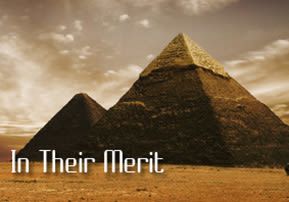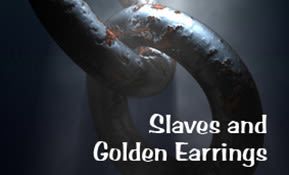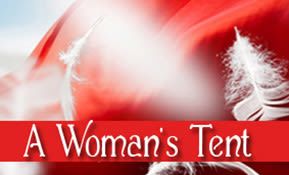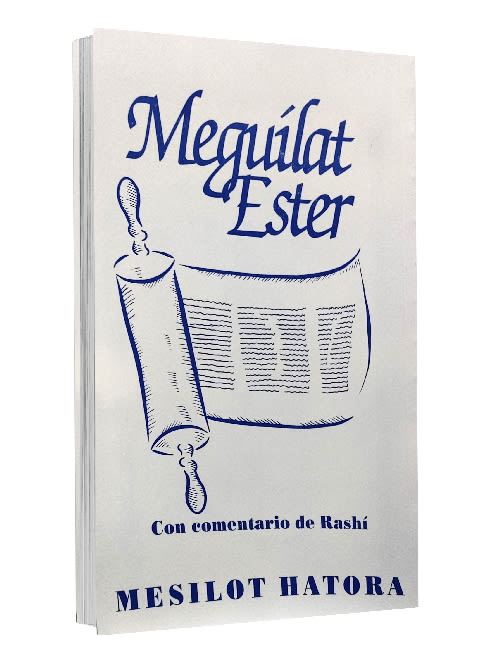
Shemot: In Their Merit
“Israel was redeemed from Egypt in the merit of the righteous women from that generation” (Sota 11b). The Jewish midwives played an important role in the redemption…

Parshat Shemot
“Israel was redeemed from Egypt in the merit of the righteous women from that generation” (Sota 11b). Learning about the Jewish midwives who played an important role in the redemption from the Egyptian exile can inspire us to help bring about the future redemption.
WHO WERE THE MIDWIVES IN EGYPT?
“The king of Egypt spoke to the Hebrew midwives, of whom the name of the one was Shifra, and the name of the second Puah” (Shemot 1:15). Considering the immense population explosion among the Jews during the Egyptian exile, the obvious question arises: How is it possible that two midwives could be sufficient for a nation as great as Israel? Ibn Ezra explains that these two were in charge of all the midwives; for there is no doubt that there were more than five hundred midwives. According to Abarbanel, there were two types of midwives. The Shifra-type would take care of the baby, and clean it, while the Puah-type would help the woman in labor with her breathing and prayer. Rashi's explains, based on Sota 11b that Shifra was Yocheved, from the language of “meshaperet” which means to improve. She used to take care of the baby after its birth and put it into good physical condition. Puah was Miriam. She used to speak aloud and croon to the baby just as women do to soothe a child when it is crying. Maharsha explains that the language “The name of the one… and the name of the second…” is never found in the Torah unless it has previously stated that there were two people. As for example: “Unto Eber were born two sons: the name of the one was Peleg…and the name of the second…” (Bereishit 10:25) Yet, regarding Shifra and Puah it states: “the name of the one was Shifra, and the name of the second was Puah,” using the definite article without prefacing that there were two Hebrew midwives. From this Maharsha deducts that their identities must be known from another place in the Torah. This is how we know that Shifra and Puah must be Yocheved and Miriam.
THE NAMES OF THEIR FAITH
Kli Yakar reveals that Puah, the language of speaking, refers to Miriam because she spoke in prophecy, as it states, “Miriam the prophetess, the sister of Aharon…” (Shemot 15:20). She prophesied saying, “In the future my mother will give birth to a son who will redeem Israel.” Shifra is Yocheved who returned to the beauty (shofra) of her youth when she was one hundred and thirty years old. This miracle was a sign that she would give birth to the redeemer of Israel, Moshe, because a miracle is never performed without a reason. The Torah, therefore, uses these names to emphasize that the redeemer would come forth through them. Since these names are associated with miracles and redemption, they are also used to show how the midwives did not doubt the redemption. Had they doubted in the forthcoming redemption, they might not have been able to refuse Pharaoh's command, rationalizing that it would be better for the children to die young, than to grow up to a life full of pain and servitude.

LIKE THE ANIMALS OF THE FIELD
“The midwives said unto Pharaoh, the Hebrew women are not as the Egyptian women; for they are vigorous (“chayot”) and bear before the midwives come unto them” (Shemot 1:19). The word “chayot” needs explanation. Since the word chayata in Aramaic means midwife, Rashi explains that the Jewish women were experts in midwifery. In Hebrew the word “chayot” literally means animals. Thus, the Talmud explains that the Jewish women were like animals that do not need anyone to help them give birth (Sota 11b). What are we to learn from this comparison? Certain aspects in the life of animals can teach us how to become closer to G-d. Living from hand to mouth as animals do can help us experience Hashem's Providence in this world. It can make us aware when G-d sends the pay check at exactly the time when the bill is due. The more we protect ourselves with fancy houses, life insurance, etc., the more of a barrier we build between Hashem and ourselves. Living in simple quarters makes us more dependent on G-d's protection.
A RECTIFICATION FOR CHAVA'S SIN
By acting in accordance with the will of G-d, the Jewish people have the ability to overcome the limitations decreed upon Adam and Chava as a result of their sin. The pain of childbirth: “In pain shall you bring forth children” (Bereishit 3:16), is explained by the Be’er Mayim Chayim to derive from the spiritual impurity (zehuma) which the snake injected into Chava. The zehuma will not allow her to give birth easily and bring more people into the world, since spiritual impurity thrives in desolate places, devoid of people. “A house in which no one lives – destructive spirits live there” (Rashi, Baba Kama, 21a). Our Sages teach that the righteous women in Egypt overcame the curse of Chava and purified themselves from her “zehuma”. Their holiness enabled them to give birth easily, since holiness desires to increase the seed of Israel. Had Adam named his wife Chava only because she was the mother of all life, he should have called her “Chaya.” However, the name Chava also derives from the word “Chiviah”, which means serpent in Aramaic. When Chava succumbed to the temptation of the serpent, it injected its zehuma within her. The righteous women in Egypt, who had purified themselves from the zehuma of the snake, were therefore called Chayot – restoring what originally would have been the name of the first woman.
GIVING BIRTH TO THE NATION OF ISRAEL
The simple faith and righteousness of the Jewish midwifes together with all the Jewish women who continued to bear children, helped them withstand the torturous suffering of slavery, and brought about the redemption. Their desire for life gave birth to the entire Jewish nation, while their hope and trust in the redemption helped make it happen. Similarly, today, we can take part in manifesting the Heavenly kingdom through faith, prayer, and action. One way to demonstrate our steadfast belief is to bear many children, and participate in building the Land of Israel. Even if our aspirations seem to go against the decrees of the leaders of the world; even if the world seems dark and clouded, like Shifra and Puah, we will continue to strengthen our faith in Hashem and the nation of Israel.
***
Rebbetzin Chana Bracha Siegelbaum is Director of Midreshet B’erot Bat Ayin in Gush Etzion. This article is an excerpt from her book Women at the Crossroads: A Woman’s Perspective on the Weekly Torah Portion, reviewed by The Jerusalem Post, The Jewish Press, Voices Magazine, Good Reads, and WordPress/JewishPress and more. To order this book, click here.






